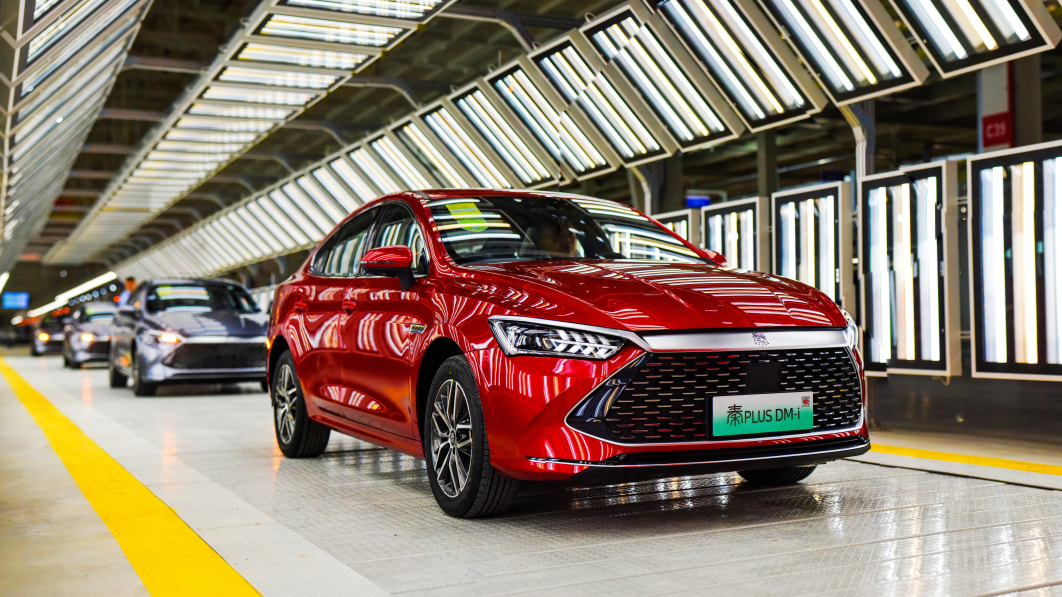Filed under: Green,Tesla,Truck,Electric

Continue reading Video shows Tesla Cybertruck after apparent rollover crash
Video shows Tesla Cybertruck after apparent rollover crash originally appeared on Autoblog on Sun, 10 Sep 2023 13:54:00 EDT. Please see our terms for use of feeds.
Permalink | Email this | Comments
